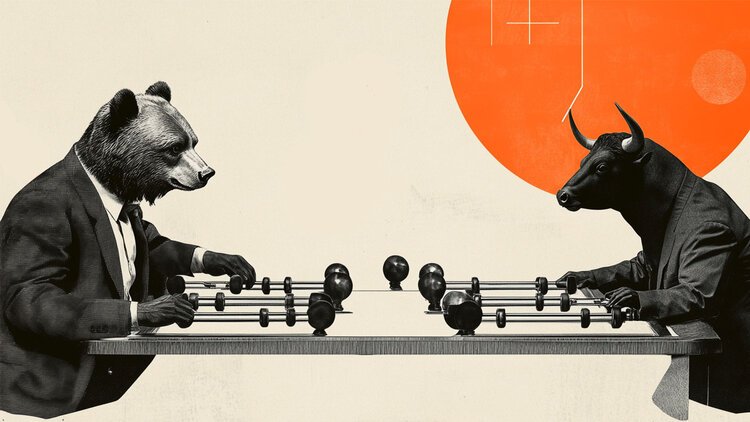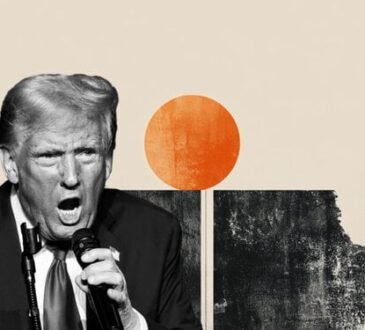“I can’t tell you how many times I’ve heard traders say they’ll hold on to their position because ‘it’ll all average out.’ It rarely does.”
For many traders, confidence feels like the key to success. But confidence without clarity? That’s where the real danger lies. Trading isn’t a contest of ego—it’s an exercise in adaptation. The most successful traders aren’t the loudest in the room, they’re the most flexible.
The seduction of certainty
There’s a quiet trap that lures even experienced traders: the need to be right. It shows up in subtle ways—overtrading, ignoring new information, or clinging to a thesis long after the market proves otherwise. According to Carol Harmer, one of the founding educators at the International Trading Institute (ITI) and an institutional trader with 42+ years of experience, “You can’t trade well if you’re trying to prove something. The market doesn’t care about your ego.”
This psychological pattern often leads to what institutional traders call “emotional anchoring”—tying your identity to a position. And once that happens, objectivity fades. The goal shifts from managing risk to defending pride.
Confidence vs ego in execution
Let’s be clear: confidence is essential. But it must be earned—not assumed. It comes from preparation, structure, and adaptability, not from forcing a trade to work. As ITI emphasizes in its Master´s in Trading program, ego-free confidence is rooted in process. You know your plan. You know when to step back. And you’re not afraid to be wrong.
That discipline often reveals itself not in big wins, but in clean exits. Letting go of a trade quickly when it invalidates is a skill many retail traders overlook. But in professional environments, that’s standard practice.
Adaptability is the real edge
Markets change. Narratives shift. Volume dries up. Liquidity hides. One of the biggest mistakes traders make is applying yesterday’s framework to today’s market. Institutional players adapt fast—not because they know the future, but because they’re trained to let go of outdated assumptions.
ITI trains its students to do just that. Rather than preaching rigid systems, it builds adaptive decision-makers—traders who can pivot their approach based on market context, risk dynamics, and execution flow. Carol’s mentorship model reinforces this adaptability by asking one critical question: “What is the market telling you now—and are you listening?”
A simpler, stronger path forward
If you want to level up your trading, start by subtracting. Strip away the clutter. Reduce the noise. Let go of the need to predict and focus on responding.
Ask yourself:
-
Do I need to be right, or do I want to be profitable?
-
Is my confidence earned through preparation—or inflated by hope?
-
Can I let go of a trade, or am I holding it because I don’t want to “lose”?
Trading without ego doesn’t mean trading without strength. It means your strength is rooted in reality, not illusion.
And the most powerful traders? They don’t shout about their success. They move quietly—with confidence earned through humility, structure, and relentless adaptability.





